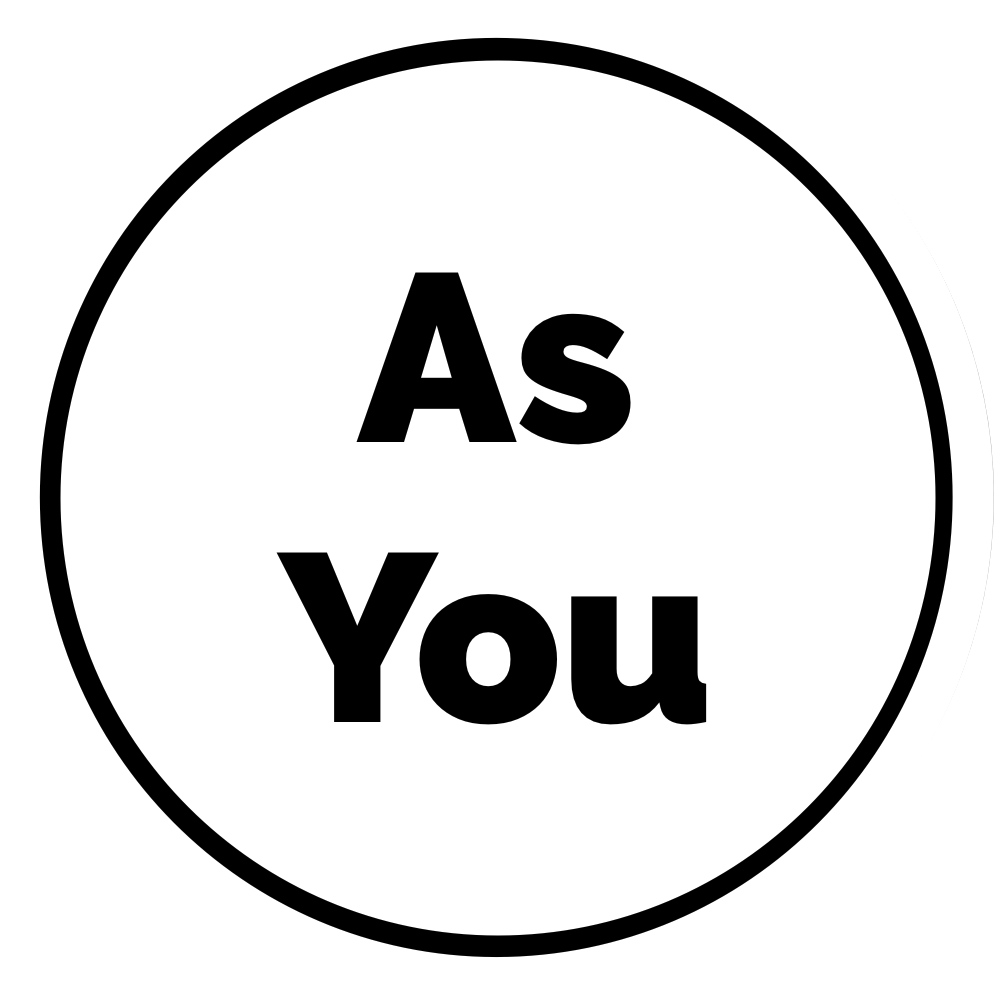Why Habit Changes are Hard?
New Year is the time where a lot of us set New Year’s Resolutions but consistently fail at them. Too familiar are the stories of “I know what I need to do but I don’t do it” or “I should try harder” but all to no avail.
It is not a surprise that we fail because habit changes are difficult even when we are told our lives are at risk. A study has shown that one in seven at-risk heart patients who are told need to make changes to their personal lives are able to make the change of diet, exercise or smoking. One in seven means only a mere 14% of the people succeed in their change-making efforts.
A lot of us think habit changes mean changing our behaviours only. If we behave differently, then we would be different. For example, if we stop smoking, then we would have quit smoking. If we go on a diet, then we would have a healthy weight.
This is true to a certain extent but changing our behaviours on the surface level doesn’t bring about long lasting changes. A smoker who tries to quit smoking will most likely relapse. A person who has lost weight through dieting will most likely gain back the weight after the diet has ended.
This is because at the smoker or the dieter’s core, their identity and belief systems have not changed. A smoker sees themselves as a smoker who is trying to quit and a dieter views themselves as unable to maintain healthy weight without a diet. A smoker still believes consciously or unconsciously that smoking is a good way to de-stress. A dieter still believes that food brings them joy and wants that pleasure although they are practising great restraint.
Without changing their identities and belief systems, behavioural changes are unlikely to last for long and the person would feel like fighting an uphill battle of change.
It is not until one is able to let go of their previous identities, as a smoker, as a dieter and update their belief systems that they are able to change. A smoker would need to start identifying themselves as a non-smoker and a dieter would need to think of themselves as someone who can maintain a healthy weight. When their identities have shifted, then the behaviours of not smoking and not binging on unhealthy food would have a better chance of becoming the norm as their self-images would not allow them to do so.
So, if you are changing a behaviour in this new year, I would like you to think about what would be an identity that would help you towards achieving that behavioural change.
—————————
Recommendations:
Immunity to Change reveals the real reasons why people don’t change. Atomic Habits is one of the best books on habits – comprehensive and insightful, full of practical tips. Changing our identities and belief systems was also a core concept and technique that was taught in my ICF Coach training and in my practice, I evoke change in my coachees through exploring with them their self-limiting identities and belief systems.
Join the Redefine Habits Course now - 6 weeks of turning your habits around and be higher performing.
